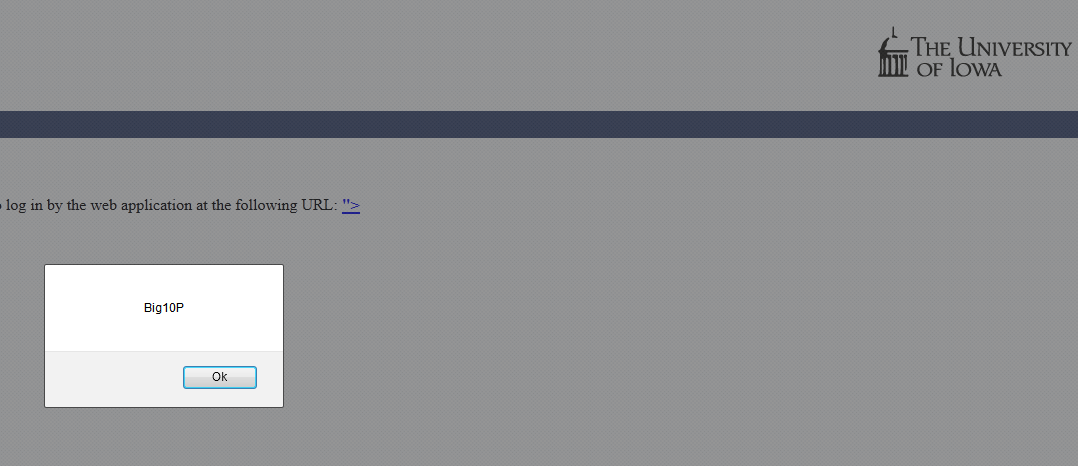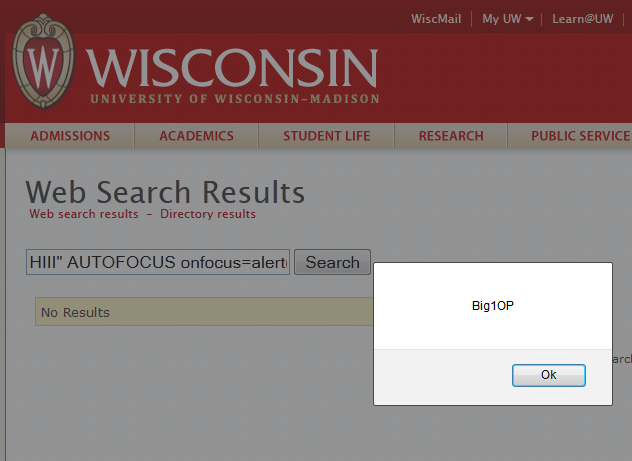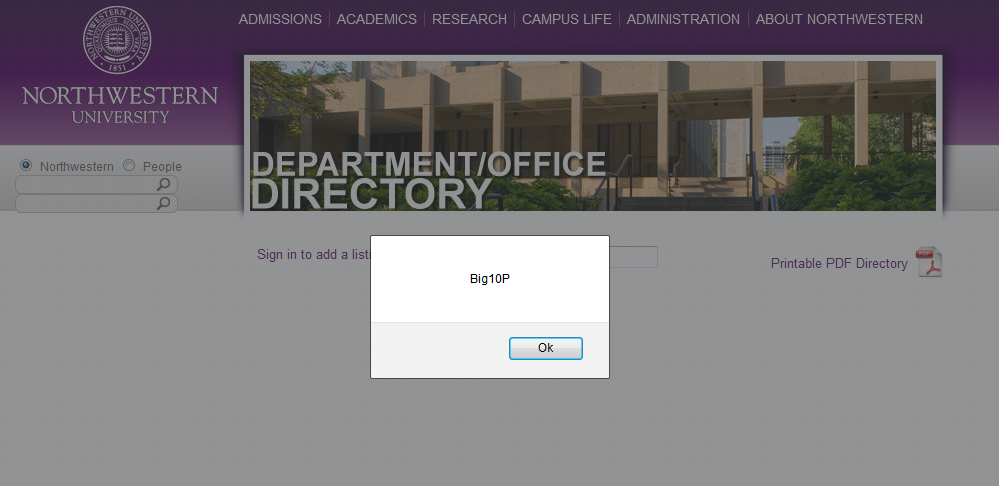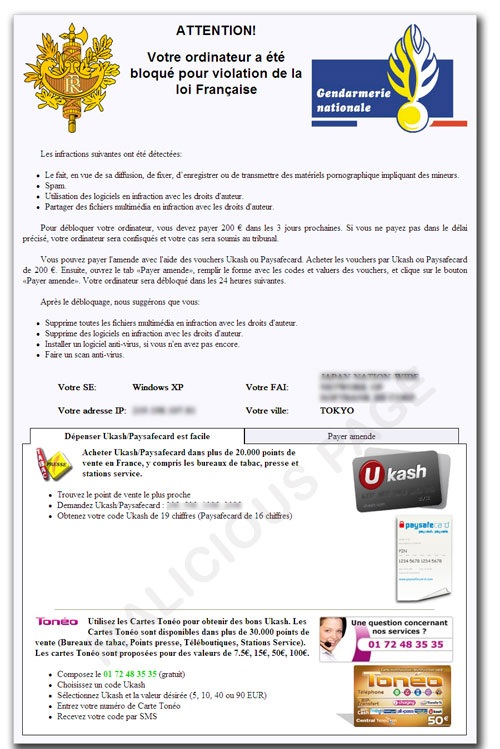
For some people, speeds and feeds offer everything they'll ever need to know about computing. But for a growing number of others, how IT can measurably address and improve essential business needs is a far more serious subject. Rather than focusing on often transitory speeds and feeds, Dell recently highlighted the business value offered by its new server line. However, "business value" can be tricky.
Why settle for just standard SSL when VeriSign® SSL offers more robust website security? Complete website security solutions from VeriSign SSL, now from Symantec. More features. More robust website security.

In the run-up to the launch of any of Intel's (Nasdaq: INTC) newest generation Xeon CPUs, most every server vendor and its extended family starts jockeying for position over who has the bragging rights for the fastest, biggest, baddest x86 systems on the planet. The resulting Power Points tend to be mind-numbing, parsing out highly granular design points and technical details that can inspire even the geekiest server analyst to reach for a bottle of Extra Strength Tylenol.
So the Dell (Nasdaq: DELL) Enterprise Solution launch event hosted by founder and CEO Michael Dell in San Francisco this week qualified as a pleasant surprise for virtually everyone involved. Why? Because rather than focusing on usually subjective, often transitory speeds and feeds, Dell and company executives, partners and customers instead highlighted the business value offered by new 12th generation PowerEdge servers and related storage and networking solutions. As a result, nary a migraine tickled the frontal lobes of anyone in the assembled audience.
That said, "business value" can be tricky. In the case of Dell's new solutions, the subject relates to a combination of system performance, ease of management and data center efficiency. But how the company went about developing the new systems was driven in large part by a survey Dell conducted with some 7,700 of its customers. What they found was an ever-fading line between IT and business, and an evolution away from "technology for the sake of technology," toward IT innovations that make a difference in the way organizations do business.
The result is what Michael Dell referred to as a "hybrid world" of business computing that is helping to drive the company's rapid, strategic transformation from its PC roots.
Leveraging Partnerships
That strategy was clearly apparent in Dell's new PowerEdge servers, which are available in configurations suited for numerous business and related processes, including virtualization, cloud, HPC and general purpose computing. But Dell is also working closely with partners to deliver a range of appliances optimized for particular workloads, including virtual desktop infrastructures (Citrix), virtualization (VMware and Microsoft) and big data (SAP HANA).
This raised an interesting point, since competitors often ding Dell for its comparative lack of software resources, which are often key elements of workload-optimized systems and appliances. Such complaints are more than a little dated since ISVs have been among the company's most sought-after acquisition targets. Plus, earlier this month, Dell announced the formation of a new software BU headed by John Swainson who was CEO of CA from 2005-2009, and before that worked for over two decades in a variety of executive positions at IBM (NYSE: IBM). In essence, the panel discussion with Citrix(Nasdaq: CTXS), VMware (NYSE: VMW), Microsoft (Nasdaq: MSFT) and SAP (NYSE: SAP) executives demonstrated how Dell can leverage key partnerships to effectively play in new and emerging markets.
Another partner issue provided subtext for Dell's strategy around the 10GbE networking technologies the company acquired in the purchase of Force10 Networks last July. Those solutions provide the literal network backbone connecting Dell's new integrated server and storage solutions, and also serve as a foundation for the company's growing shift toward delivering end-to-end business solutions.
But at the same time, Dell will continue to act as a reseller for solutions from networking partners like Cisco (Nasdaq: CSCO) and Brocade (Nasdaq: BRCD). Not every customer or even every application is ready for 10GbE, and Dell's flexible recognition of that point emphasizes the company's customer- and business-centric stance. Plus, it contrasts favorably with some other vendors' ongoing attempts to corral clients into vertically integrated proprietary solutions.
Customer Reaction
So how are customers reacting to Dell's new solutions and strategies? Very positively, according to testimonials offered by representatives from Grow Financial (a Tampa Bay-based credit union) and the Texas Advanced Computing Center (TACC, an advanced computing center at the University of Texas, Austin). Grow Financial has used Dell solutions to significantly improve system deployment and management processes and used resulting savings to further improve IT and business efficiencies, ultimately benefitting its clients.
TACC has partnered with Dell since its inception and used the company's servers to power the first four generations of its Lonestar HPC clusters. TACC's initial research into Dell's new PowerEdge servers suggest that system enhancements will help lead to a near doubling of performance over Lonestar4 without significantly enlarging the installation. In addition, the TACC representative said the Center will unveil a new Dell-based 20 petaflop cluster later this year.
All in all, Dell's new servers and other solutions should strengthen the company competitive position and help broaden its efforts in new and emerging markets. The 12th generation PowerEdge launch also demonstrated the company's ability to successfully adapt its considerable technical expertise and capabilities to meet the requirements of users and market whose use and view of IT is rapidly evolving.
For some people, speeds and feeds offer everything they'll ever need to know about computing. But for a growing number of others, how IT can measurably address and improve essential business needs is a far more serious subject. In San Francisco this week, Michael Dell and company proved that they can effectively communicate with and deliver the goods for that ever larger and increasingly influential audience.

technewsworld.com






 Unlike spam, which is all-but-free for scammers to send, robocalls in North America cost the sender approximately 1c to 3c a minute.
Unlike spam, which is all-but-free for scammers to send, robocalls in North America cost the sender approximately 1c to 3c a minute. 


 For example: FunkFeuer, a mesh network in greater Vienna, relies on 200 small, weatherized Wi-Fi routers on rooftops, each owned and maintained by the user who installed it, and each contributing bandwidth to a communal, high-speed internet connection throughout the city.
For example: FunkFeuer, a mesh network in greater Vienna, relies on 200 small, weatherized Wi-Fi routers on rooftops, each owned and maintained by the user who installed it, and each contributing bandwidth to a communal, high-speed internet connection throughout the city.  The magazine also quotes Ramon Roca, founder of Guifi.net, who doubts mesh networks could ever take much more than 15 percent of the market from the ISPs.
The magazine also quotes Ramon Roca, founder of Guifi.net, who doubts mesh networks could ever take much more than 15 percent of the market from the ISPs. For their part, those working on Eben Moglen's
For their part, those working on Eben Moglen's 




















